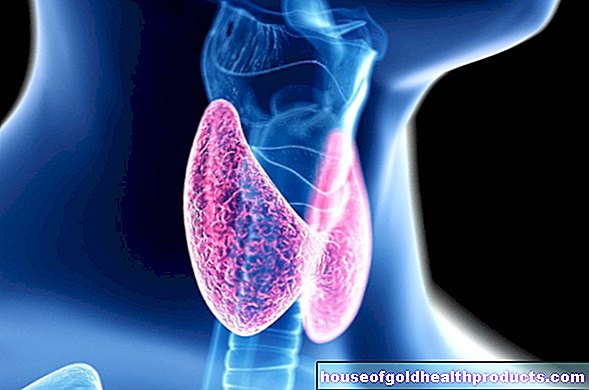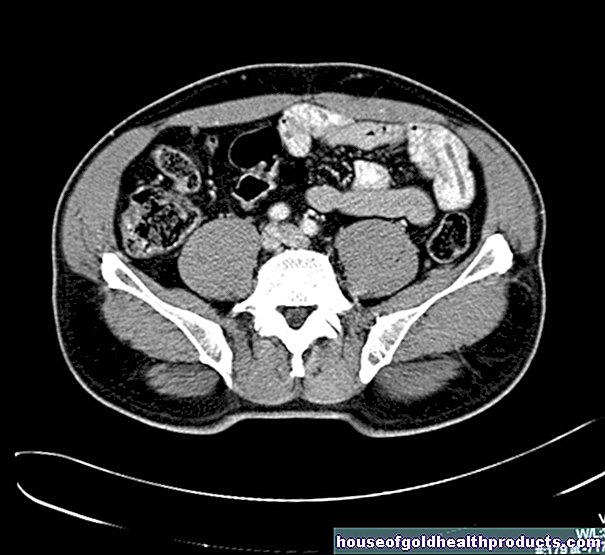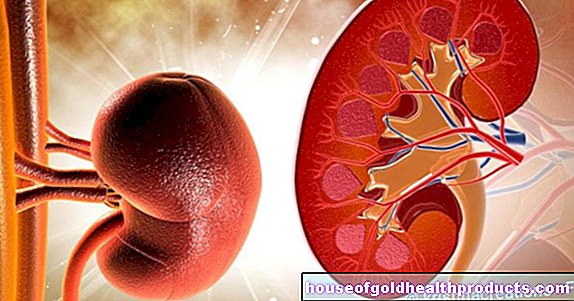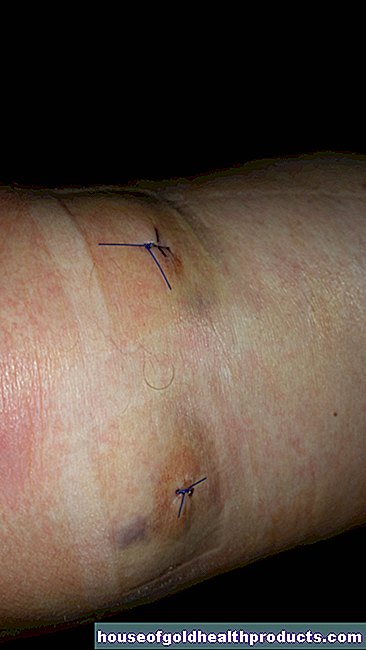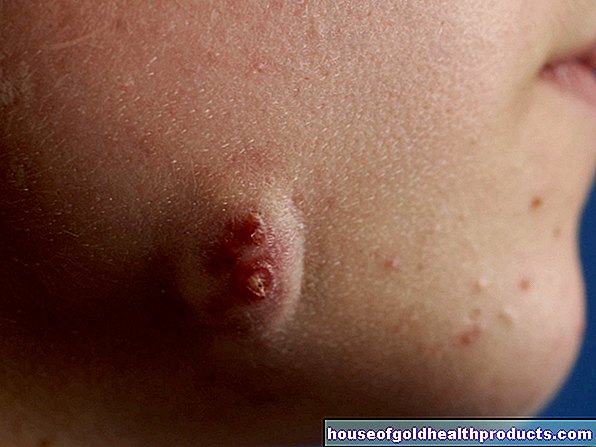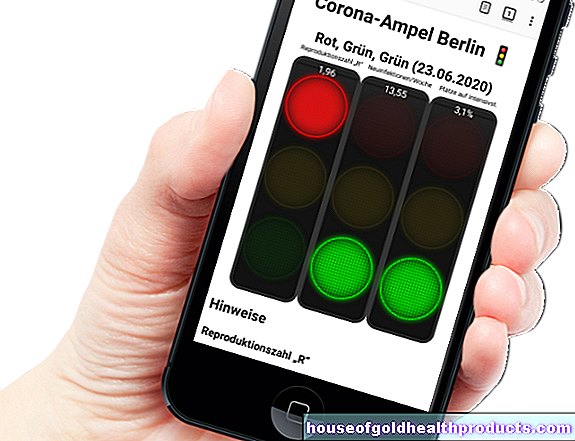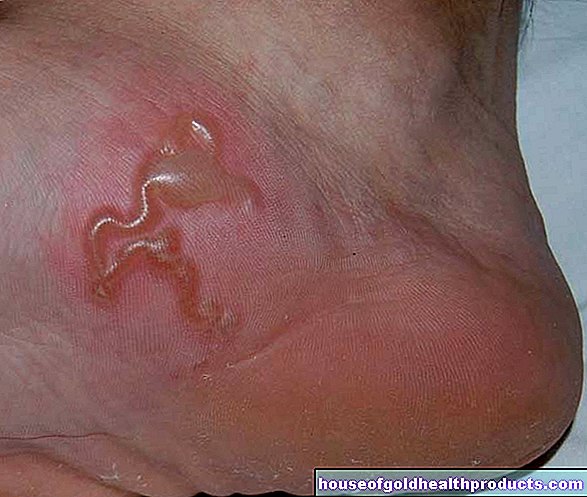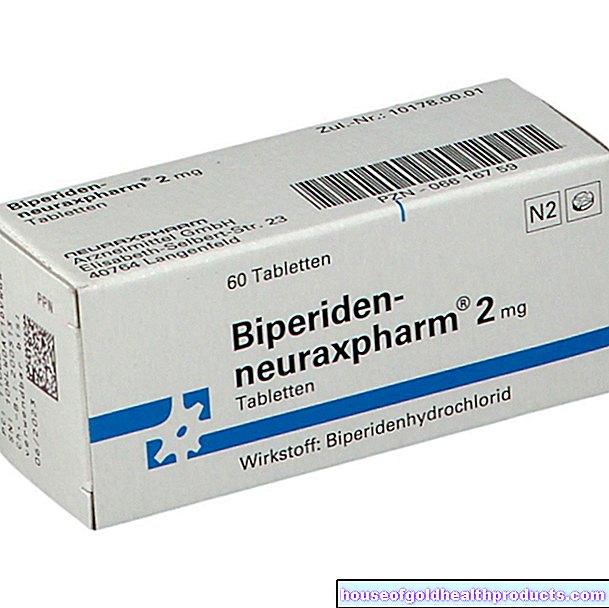Chewing gum promotes intestinal inflammation
Larissa Melville completed her traineeship in the editorial team of . After studying biology at Ludwig Maximilians University and the Technical University of Munich, she first got to know digital media online at Focus and then decided to learn medical journalism from scratch.
More about the experts All content is checked by medical journalists.Chewing gum, candy, and marshmallows often contain titanium dioxide. The additive gives the food its brilliant white color. However, the substance could be harmful to people with inflammatory bowel disease. Swiss researchers are now recommending that patients with intestinal inflammation avoid it altogether.
Titanium dioxide is a nanoparticle that is added as a white dye to foods, medicines, toothpaste, sunscreens and cosmetics. Titanium dioxide can be found on the list of ingredients for foods under the code E171. So far there is no official quantity limit. A person ingests about 1.28 milligrams of titanium dioxide per kilogram of body weight every day, according to a study by the European Food Safety Authority in 2004. Other studies show even higher values.
Does it harm your health?
For several years now, however, there has been increasing evidence that titanium dioxide could be harmful to health. Animal and laboratory tests have shown, among other things, that the substance can accumulate in the body and possibly cause tumors and inflammation. Gerhard Rogler, Professor of Gastroenterology and Hepatology, and his colleagues from the University of Zurich investigated how the consumption of titanium dioxide could affect chronic inflammatory bowel diseases.
The team focused on a special part of the immune system: the protein complex NLRP3 inflammasome, which is located inside the body's cells. It recognizes danger signals such as bacteria and then triggers inflammation, which plays an important role in defending against pathogens. But it also sees small inorganic particles such as uric acid crystals as a threat and initiates inflammation.
Titanium dioxide gets into the cells
At the beginning of the study, the researchers examined the effect of titanium dioxide in cell cultures. They discovered that the tiny nanoparticles can penetrate human intestinal epithelial cells and special scavenger cells of the immune system, the macrophages, and accumulate there. The NLRP3 inflammasome interpreted this as a threat and triggered the production of inflammatory messenger substances.
The team was also able to show that patients with ulcerative colitis have increased levels of titanium dioxide in their blood. In these patients the barrier function of the intestine is disturbed. This means that not only valuable food particles, but also harmful substances pass more and more from the intestine into the body. “This shows that these particles can be absorbed from food under certain disease conditions,” warns Rogler.
Increased inflammation
Another test with mice suffering from inflammatory bowel disease showed that orally ingested titanium dioxide activates the NLRP3 complex. This worsened the intestinal inflammation in the mice and their intestinal mucosa was also more severely affected. In addition, the titanium dioxide accumulated in the spleen of the animals.
“Although the amount of titanium dioxide administered to the mice was higher than that to which the human intestine is exposed on a daily basis, the results suggest that titanium dioxide is biologically active,” the researchers write. In addition, more and more studies are proving the harmful effects of this nanoparticle.
Titanium dioxide - better not
Further studies with humans should confirm the knowledge gained. Nevertheless, Rogler already advises: "Based on our results, patients with a disorder of the intestinal barrier, as occurs in intestinal inflammation, should avoid foods containing titanium dioxide."
The incidence of inflammatory bowel diseases such as Chron's disease and ulcerative colitis is increasing steadily in Western countries. Those affected have severe gastrointestinal problems such as abdominal pain, gas, diarrhea or painful bowel movements. It is not yet known exactly what the causes of these diseases are. However, it is known that genetic, psychological and, above all, immunological factors play a role. In addition, environmental factors, particularly the Western high-sugar and high-fat diet, appear to promote inflammation.
Tags: drugs medicinal herbal home remedies pregnancy birth





